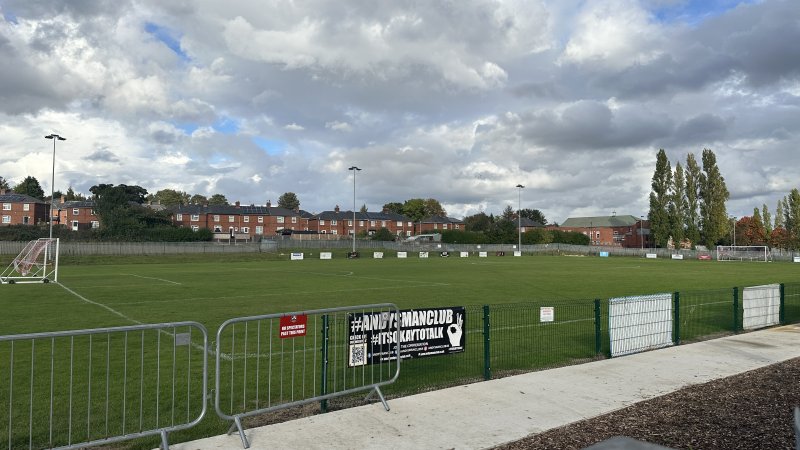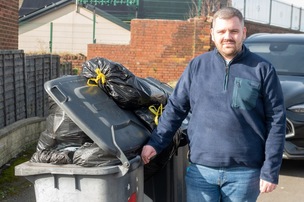This summer I am raising awareness of the #Safe4Summer campaign, which aims to highlight the dangers of carbon monoxide poisoning and how to prevent them.
Carbon monoxide poisoning is incredibly dangerous. It is known as ‘the silent killer’, as it has no colour, smell or taste.
Low levels of exposure to the gas over a long period of time can cause brain and neurological damage. High levels of carbon monoxide can kill.
Tragically, around 50 deaths are caused by carbon monoxide across the UK every year. Every single one of these deaths could have been prevented had the right precautions been taken and if awareness of the signs of poisoning been raised.
First, it is important to know the signs of carbon monoxide poisoning. Symptoms can present as headaches, dizziness, sore throat, dry cough, and nausea.
People have also reported weakness, vomiting, rapid heartbeat, shortness of breath, seizures, disorientation, chest pain, and losing consciousness. It is important to note that children and babies are more at risk of serious illness from carbon monoxide poisoning than adults.
Some of these symptoms are more alarming and are likely to encourage urgent action, but some are milder and can be confused with the flu or general tiredness.
In the first instance, if you are worried that you or a loved one has been exposed to carbon monoxide poisoning, you should go outside immediately to breathe cleaner air, and call the emergency services immediately.
Other warning signs could include boiler pilot light flames burning orange instead of blue, sooty stains on or near appliances, excessive condensation in the room or coal or wood fires that burn slowly or go out.
Carbon monoxide can be omitted from any faulty gas appliance, whether it’s a gas stove, the living room fire or central heating boiler.
It can also build up if flues, chimneys, or vents are blocked. Solid fuels, such as coal, wood, petrol, as well as oil, can also produce the gas when they burn.
However, it is much better to take precautions to avoid poisoning entirely, as though milder cases can be remedied through reintroducing oxygen into the blood cells through a mask, more severe cases can unfortunately lead to long term brain damage and heart conditions.
Over the last few years, I have regularly campaigned on the dangers of poisoning and the importance of having a functioning detector in your home.
I previously secured a debate in the House of Commons to draw attention to these dangers, encouraging as many people as possible to ensure they are protecting themselves and their loved ones.
Following this, I worked with Cadent and Energy UK to acquire hundreds of detectors to distribute to households around Barnsley on request.
Make sure that you have a functioning detector in your home, and have any flues and chimneys checked and swept regularly.



























